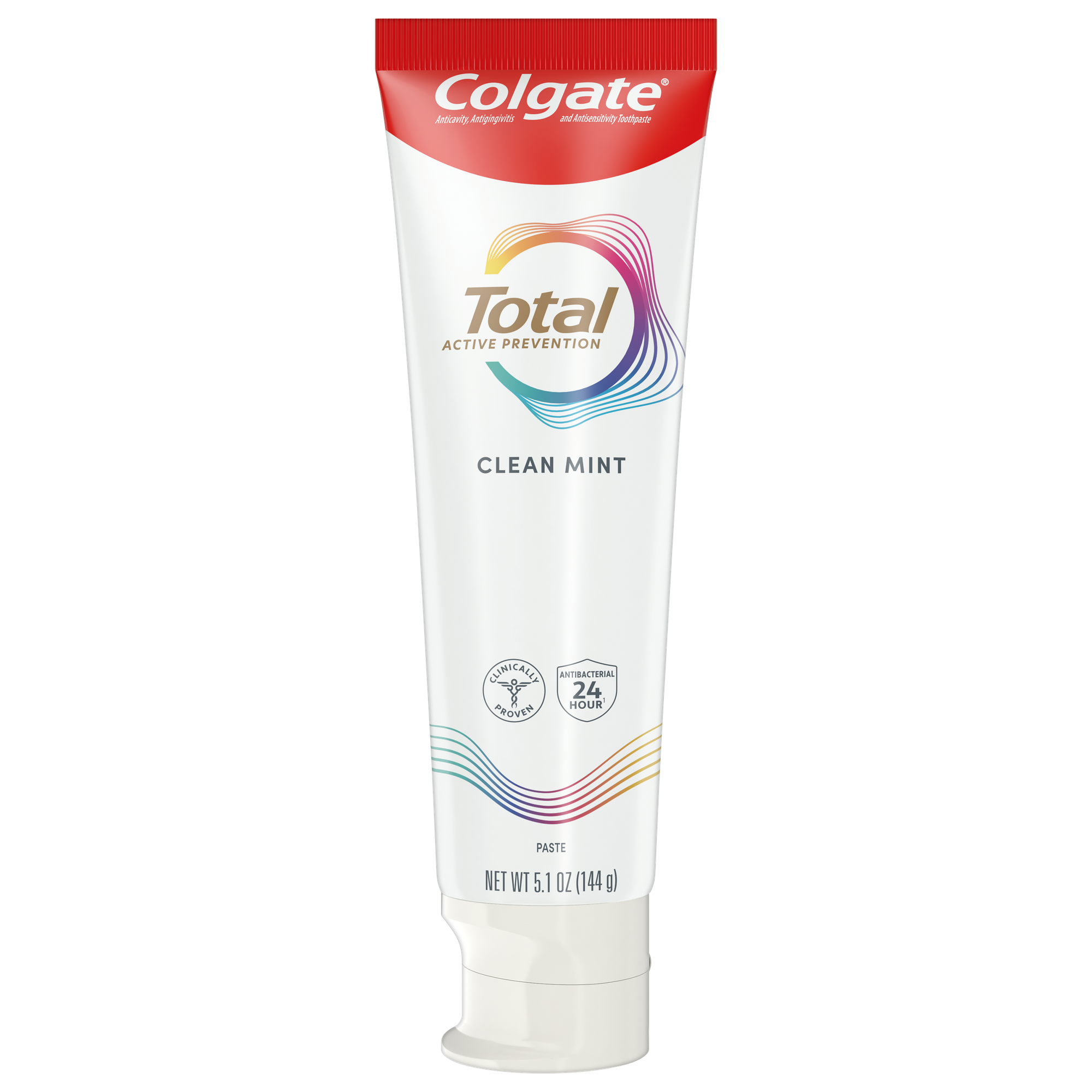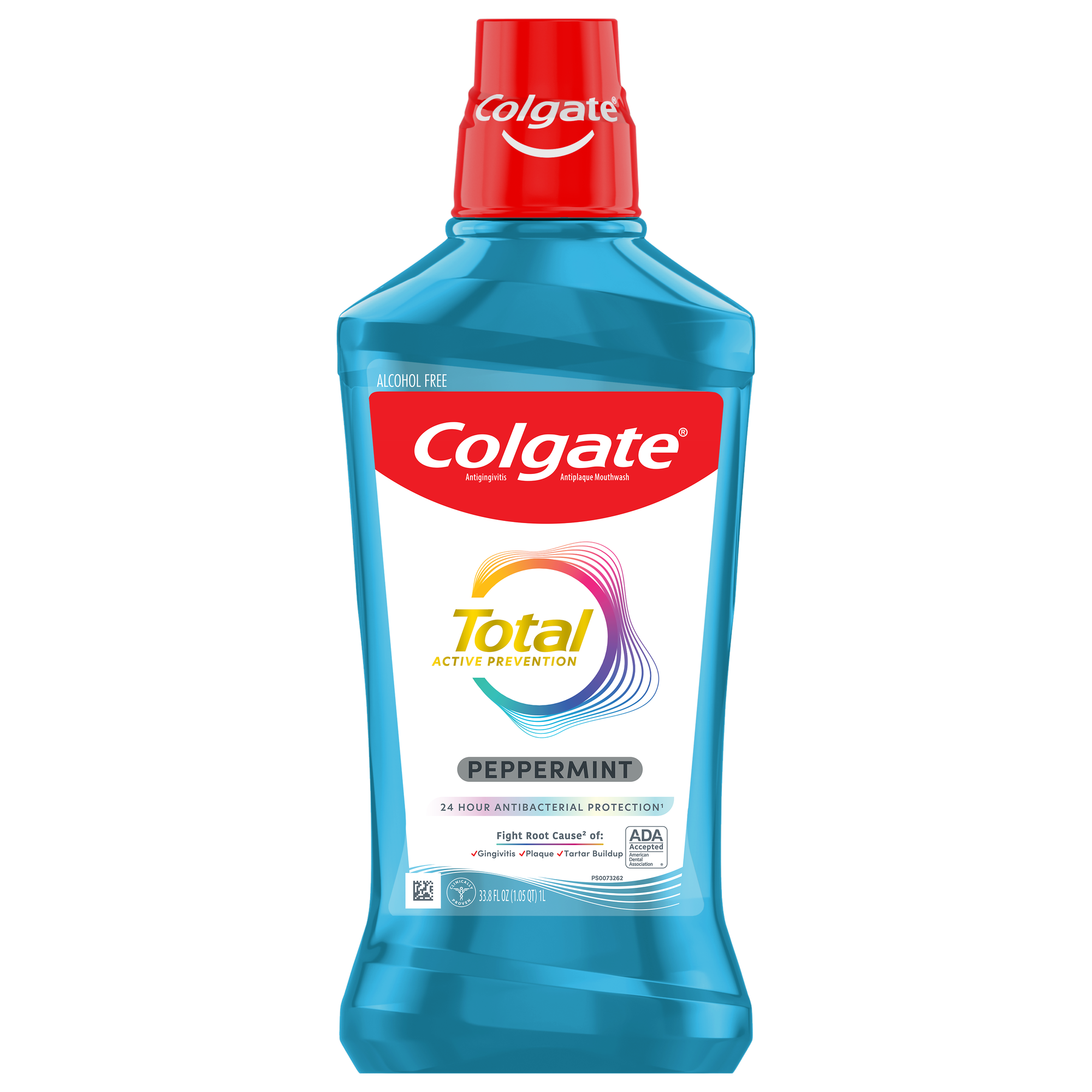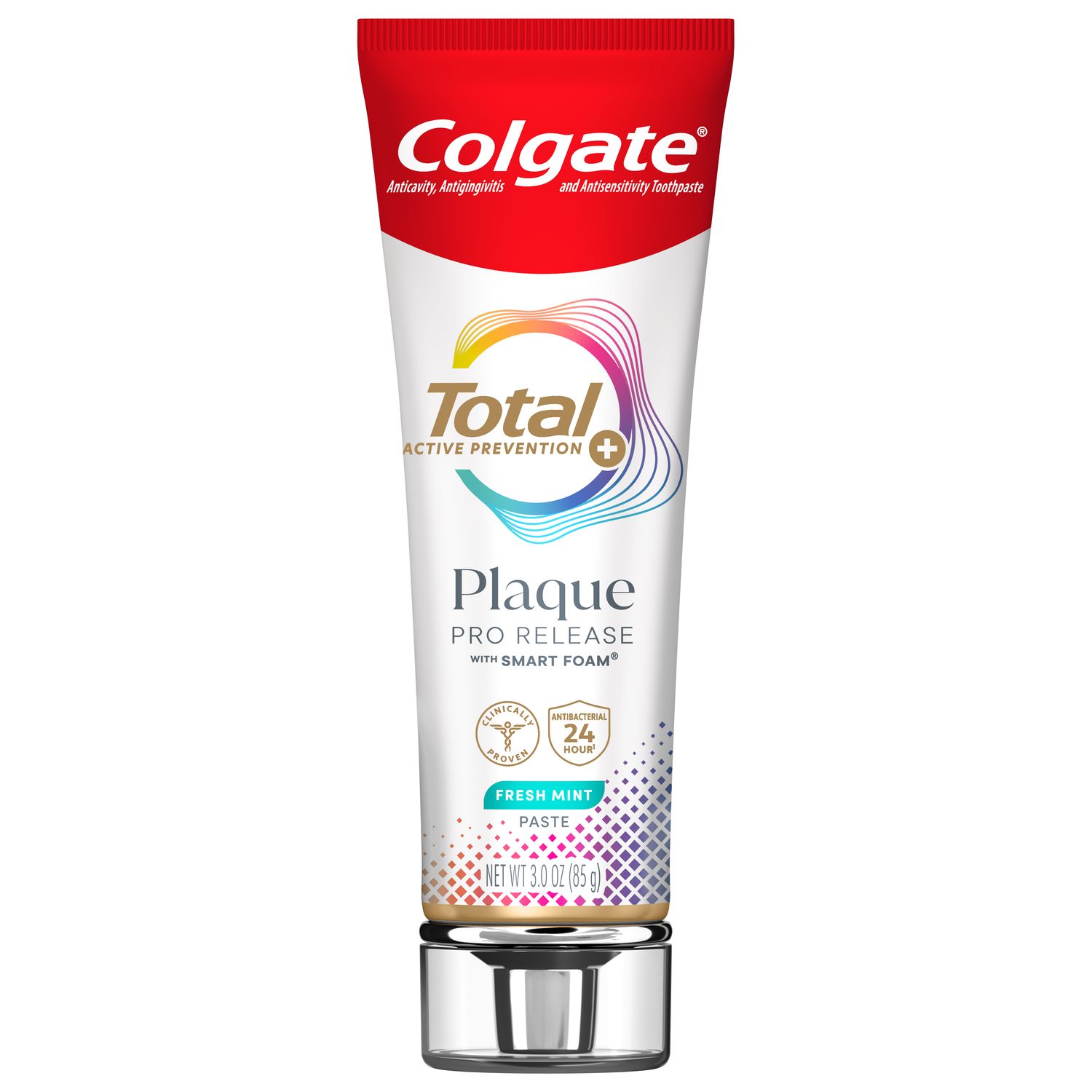
Read on to learn the difference and to pick up some preparation tips to settle any butterflies.
Have you heard other dental hygienists talking about preparing for a dental hygiene working interview? Are you wondering what the difference is between a working interview and a standard interview? Read on to learn the difference and to pick up some preparation tips to settle any butterflies.
Standard Interview
During a standard interview, a question-and-answer session allows you and the interviewer to talk about the reasons you would make a good employee. It also gives the interviewer the chance to ask about the professional successes highlighted in your resume. An initial interview can be a good time to discuss standard office procedures, such as how much time is allotted for recall visits or what program is used to take X-rays.
Many offices set up a standard conversational interview before they invite you in for a working interview. Coming in for a standard meeting before you commit to a working interview can help you determine if the office's operations meet your professional needs. For example, consider your professional goals when you enter a new office. Does the practice specialize in a field you are passionate about? Are there other dental hygienists there who might become your mentors? Do you agree with the office's philosophy for treating children and adults? A standard interview is an opportunity to see if this dental office will fit your professional needs and wants.
Working Interview
An initial in-person interview will set the stage for the working interview. A working interview allows you to showcase your skills face-to-face with a potential employer. The hiring manager will not only watch you perform a prophy or apply fluoride varnish, he or she will watch you greet a patient and observe the way in which you interact with the other potential team members.
Compensation and Expectations
Prior to your dental hygiene working interview, an agreement should be reached on how you will be compensated for your time. According to the U.S. Department of Labor, work permitted to be performed (such as a few hours requested as a working interview) is work time that must be paid for by the employer. Asking for a written agreement to help ensure you will be paid fairly for your time.
In addition to financial compensation, you should discuss the interviewer's expectations during a working interview. For example, how many hours will you work, how many patients will you see, and will someone (such as an office manager) be available to answer questions that may arise? If you do not feel comfortable with the terms of the interview, it is important to discuss any problems and make adjustments before accept a working interview.
Eliminate Nerves
Be sure to head to bed early the night before your dental hygiene working interview. Wake up early, eat a good breakfast and be sure to leave yourself enough time to get to the office early. Arriving early allows you to greet members of the dental team, review patient charts and get acquainted with the workspace. If you're accustomed to working with loupes, don't forget to bring those along! Advanced preparation will calm your nerves and help you make the best impression you possibly can.
Takeaways
- A standard interview is not only a time to answer questions, but also a time to ask questions.
- A working interview lets you showcase your skills and see if the practice fits your professional goals.
- Before you agree to a working interview, make sure you have reached an agreement on compensation and expectations.
Why It's Important
A standard interview is a stepping stone to a working interview. Working interviews allow you to have a day-in-the-life experience with the office to determine if you will be a good fit for one another. When you know what to expect, the prospect of a working interview may seem a little less intimidating.
Join us
Get resources, products and helpful information to give your patients a healthier future.
Join us
Get resources, products and helpful information to give your patients a healthier future.













